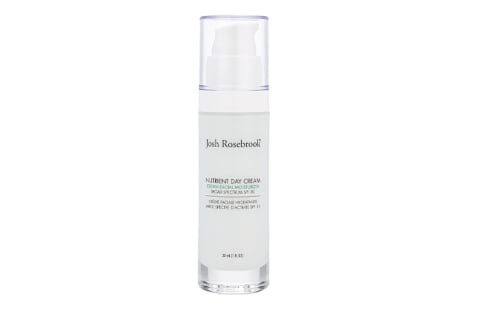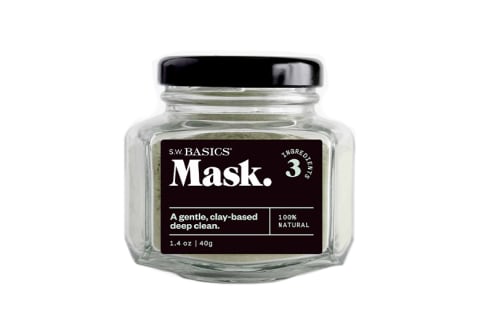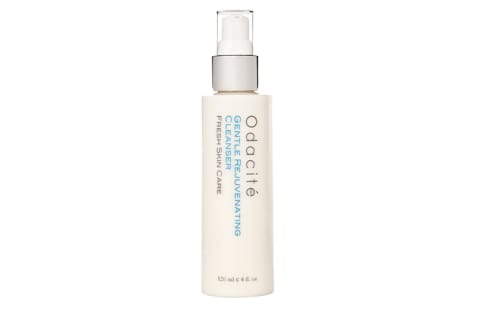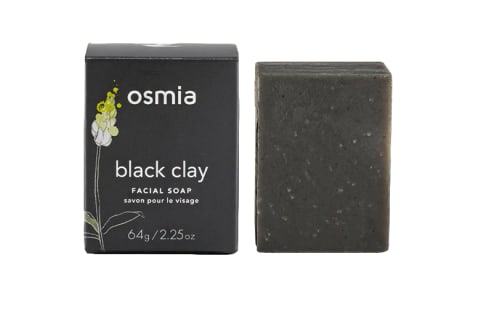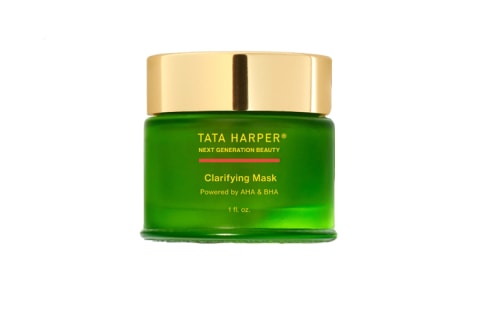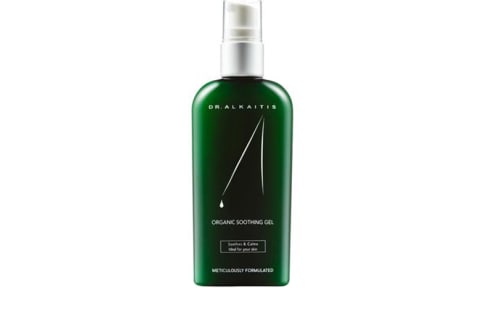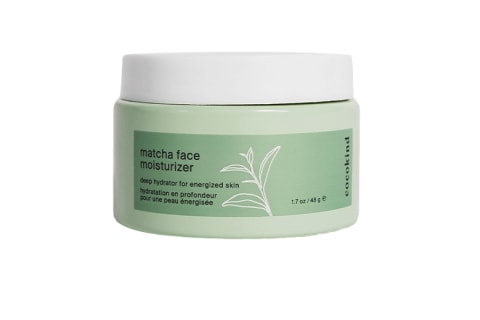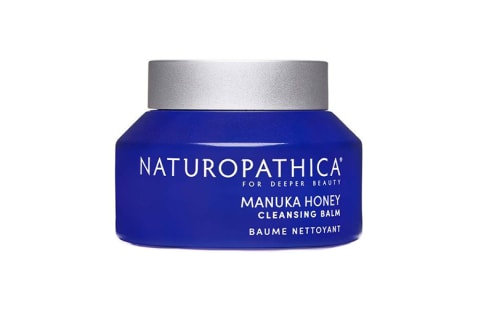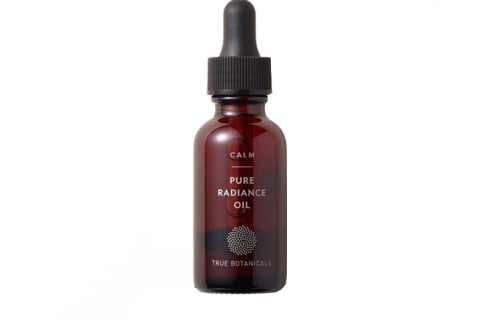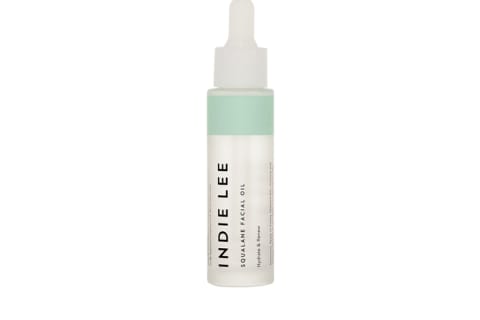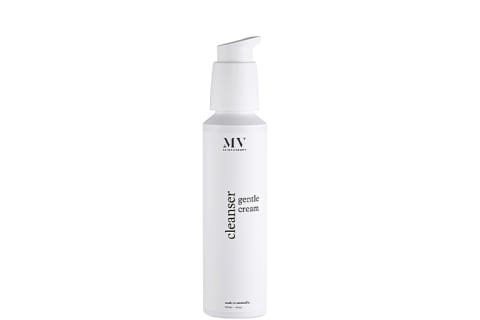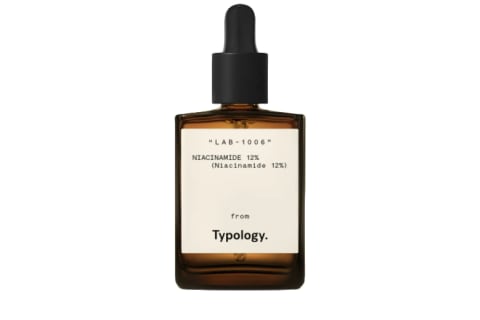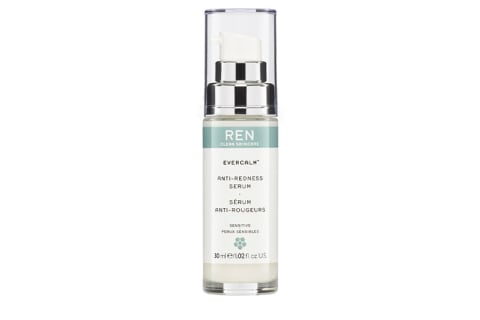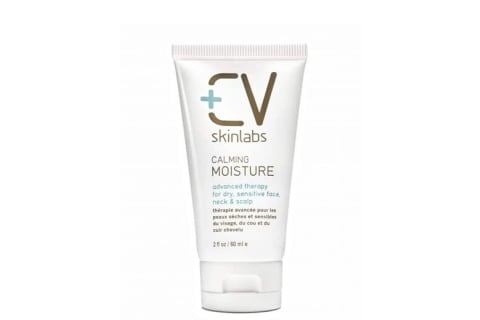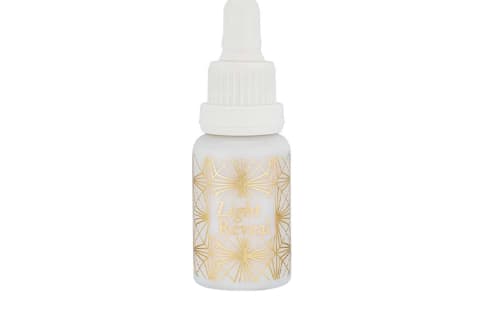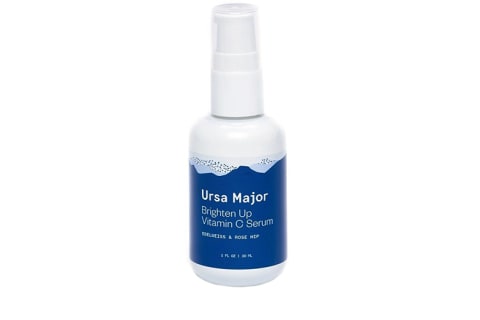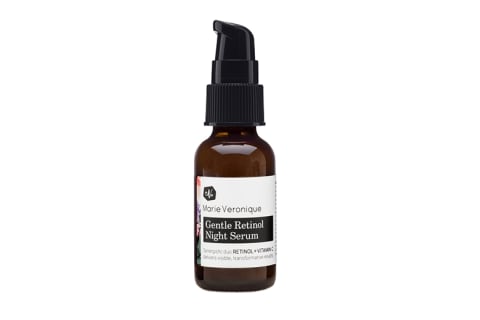How do you choose your organic skin-care products and what sort of things you should avoid? Based on reliable data from medical journals. When you strip the skin of too much, it provides feedback to the sebaceous glands that the skin does not have enough oil and kicks them into overdrive, exacerbating the problem. Instead, provide the skin with gentle exfoliation and nourish it with the right balance of oils, training the sebaceous glands to settle down and make less sebum. Your skin absorbs much of what you put on it, and there’s mounting evidence that ingredients like parabens, phthalates, and synthetic fragrance are causing myriad problems, from endocrine disruption to allergic reactions to chemical sensitivity. By choosing an organic skin-care brand or a brand that uses mostly organic ingredients, you are filtering out potential irritants in products you’re using on your skin. Sorting through the brands is not easy, though—there are so many of them, and it’s hard to tell the genuinely healthy brands from the greenwashers. One way to create a filter is to look for the green USDA organic seal on a product, which tells you a few things: First, the product contains more than 95 percent certified-organic ingredients; second, the product complies with the USDA National Organic Program’s list of what can and can’t be in a certified-organic product; third, the company using the seal meets the USDA organic-handling requirements. This is a great place to start, but it’s not the whole story. NOP guidelines are designed for crops and livestock, not for cosmetics. Look for brands that use mostly food-grade, certified-organic ingredients. So, does a food-grade certification make sense for all skin-care products? Probably not. While the skin absorbs much of what we put on it, the absorptive surface area of the skin is about 1/15th of the GI tract and absorbs slightly different things, so the concerns are similar but not identical. Some newer, cosmetic-specific certifications have potential to become industry leaders for healthy standards: The National Safety Foundation has one, as well as the Environmental Working Group. Just as important, since there’s no regulatory committee to monitor the beauty industry, look for a brand that is transparent and educated about the products, and willing to answer questions about sourcing and ingredients. After a decade in the industry, Osmia has a stellar reputation for quality, transparency, sustainability, and authenticity in the clean beauty space. Their products help people find healthier, happier skin with meticulously researched and tested formulas, using sustainable ingredients of exceptional quality. Learn more about Sarah and Osmia here.


